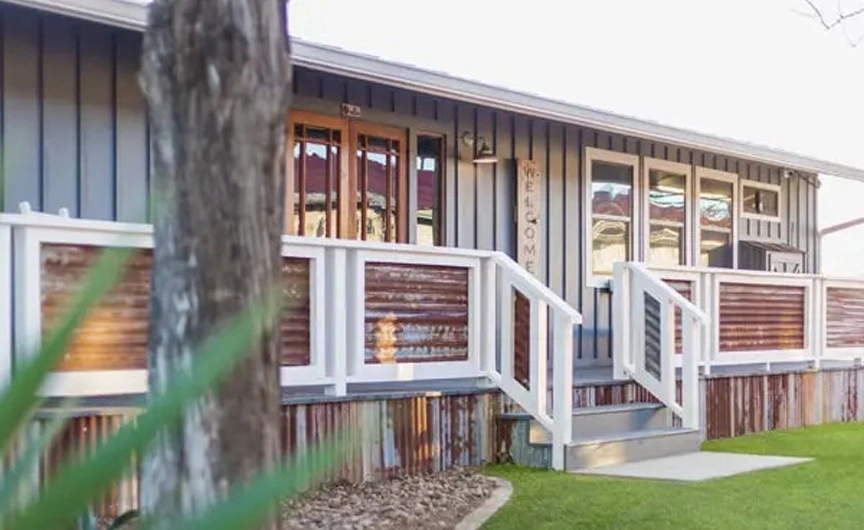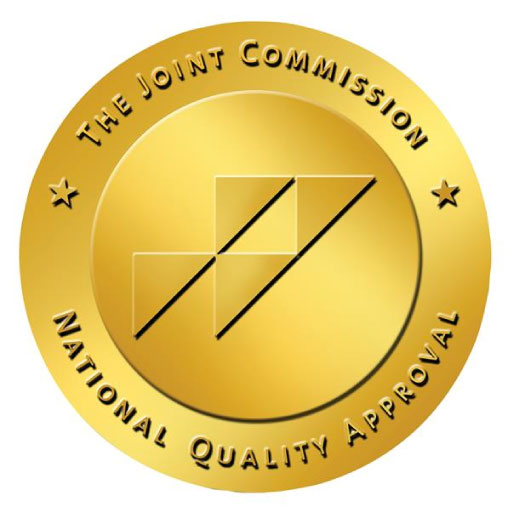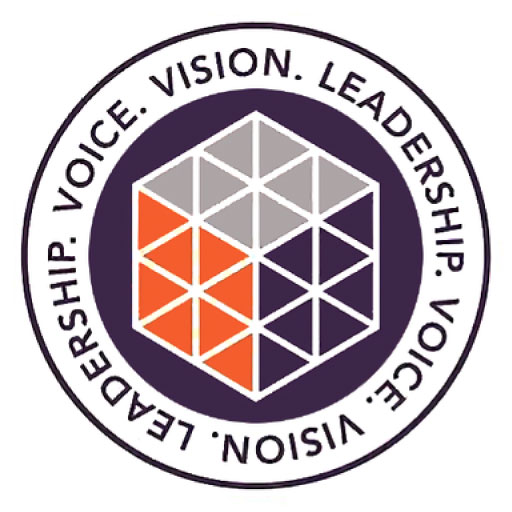Addiction recovery isn’t just about abstinence but rather about making lifestyle changes that support physical, mental, and spiritual health. To that end, regular exercise can at least help you improve your mental and physical health.
Here’s 5 Reasons Exercise Is an Essential Part of Any Recovery Plan
1. Exercise can help offset the damage addiction has done to your health.
Heavy substance use can take a significant toll on your health. For example, excessive drinking can lead to many problems including heart problems such as high blood pressure, stroke, cardiomyopathy, and arrhythmias. Drinking can also weaken your immune system, making you more prone to illnesses and infections and increase your risk for several cancers, including mouth, throat, esophagus, liver, colon, and breast cancers. [https://www.niaaa.nih.gov/alcohols-effects-body] Cocaine also has negative effects on your cardiovascular system, including increased risk of stroke, inflammation of the heart, and the inability of the heart to contract. [https://www.drugabuse.gov/publications/research-reports/cocaine/what-are-long-term-effects-cocaine-use]
Regular exercise has many health benefits, especially for your cardiovascular system. Exercise can reduce your blood pressure, risk of stroke and reduce your risk for several types of cancers, including breast and colon cancer. Exercise may also offset some of the effects of long-term opioid use, including increased sensitivity to pain and impaired coordination. [https://www.health.harvard.edu/healthbeat/the-secret-to-better-health-exercise]
2. Exercise can improve your mental health in many ways.
At least half of people seeking help for a substance use disorder also have a co-occurring mental health issue. Among the most common are anxiety disorders, major depression, bipolar disorder, ADHD, PTSD, and personality disorders. For example, one study found that among people with major depression, 16.5 percent had an alcohol use disorder and 18 percent had a drug use disorder. Among people with bipolar disorder 56 percent had a substance use disorder at some point in their lives. [https://www.ncbi.nlm.nih.gov/pmc/articles/PMC2851027/] Those are all significantly higher than the rate of addiction in the general public. Keeping substance use under control also means keeping mental health issues under control.
Exercise has also been found to have many positive effects on mental health, including reducing symptoms of depression and anxiety. We aren’t yet sure why this is but there appear to be a number of relevant factors. For example, exercise increases the levels of brain-derived neurotrophic factor, or BDNF, which actually grows neurons, especially in the hippocampus. The hippocampus is responsible for turning short-term memories into long-term memories and brain imaging studies have shown people with depression typically have a shrunken hippocampus. Other studies have shown that exercise affects the hypothalamic-pituitary-adrenal axis, or HPA axis, making you less reactive to stress and thus less prone to anxiety and negative thinking. [https://www.ncbi.nlm.nih.gov/pmc/articles/PMC1470658/] Exercise has also been shown to have other positive benefits including improving attention, memory, mood, working memory, self-control, and executive function, all of which make recovery much easier and more enjoyable. [https://www.ncbi.nlm.nih.gov/pmc/articles/PMC5934999/]
3. Exercise can be a means of socializing.
Creating a supportive social network is one of the most important parts of a successful recovery. Having friends, family, and sober companions gives you a sense of belonging, reduces stress, and increases accountability. However, many people find social interaction and making new friends difficult. Using exercise as a means of socializing can be a great way to make new friends based on a positive shared interest. You can do this in a number of ways, including joining a recreational sports league, joining an exercise class such as yoga or boxing, or joining a running or cycling group. One recent study found that participation in team or group sports is the best exercise you can do for your mental health because it combines the physiological benefits of exercise with the emotional benefits of social interaction. [https://www.npr.org/sections/health-shots/2018/10/22/656594050/a-new-prescription-for-depression-join-a-team-and-get-sweaty]
4. Exercise can improve your sleep.
One way exercise can significantly improve your mental and physical health is by helping you get more sleep. Sleep is crucial for health and wellbeing. One study of 1000 people found that participants who reported sleep problems at the beginning of the study were four times more likely to develop major depression over the next three years. Another study of more than 1000 teens found that sleep problems preceded anxiety disorders in 27 percent of cases and preceded major depression in 69 percent of cases. [https://www.health.harvard.edu/newsletter_article/sleep-and-mental-health]
Clearly, sleep is crucial for mental health but unfortunately, many people struggle with insomnia early in addiction recovery. The good news is that getting even 30 minutes of moderate intensity aerobic exercise can improve your sleep the very same night. Regular exercise helps you fall asleep faster, sleep more deeply, and stay asleep all night.
5. Regular exercise builds discipline.
Regular exercise also helps you build discipline and willpower. Despite all the benefits of regular exercise, there will be days when you just don’t feel like doing it, especially in the beginning. Maybe you’re tired, it’s hot outside, and you feel like you deserve a break. If you decide to get a bit of exercise even when you really don’t feel like it, you build a little extra reserve of willpower. And exercise itself increases willpower by thickening the brain’s prefrontal cortex, which is responsible for, among other things, self-control. Although willpower alone isn’t enough to keep you sober, it can give you the extra edge you need if you find yourself in a difficult situation.






